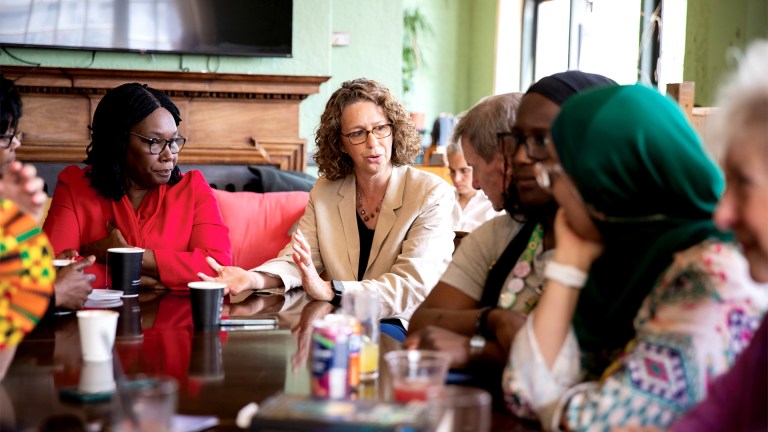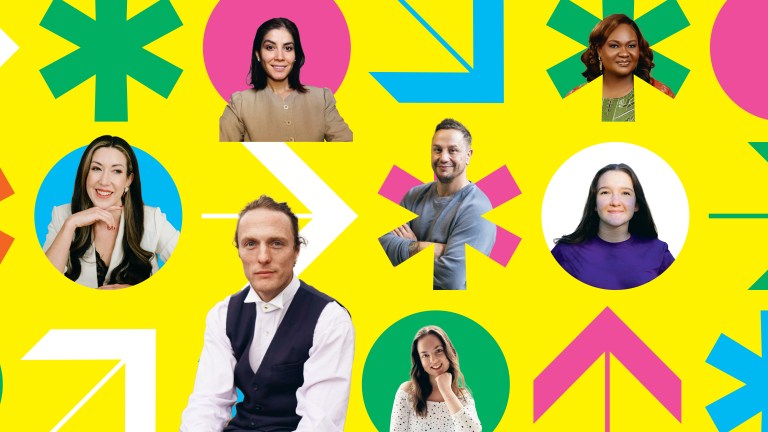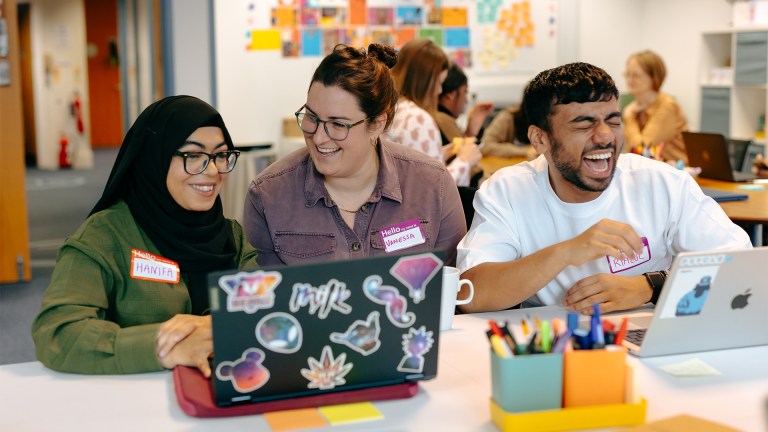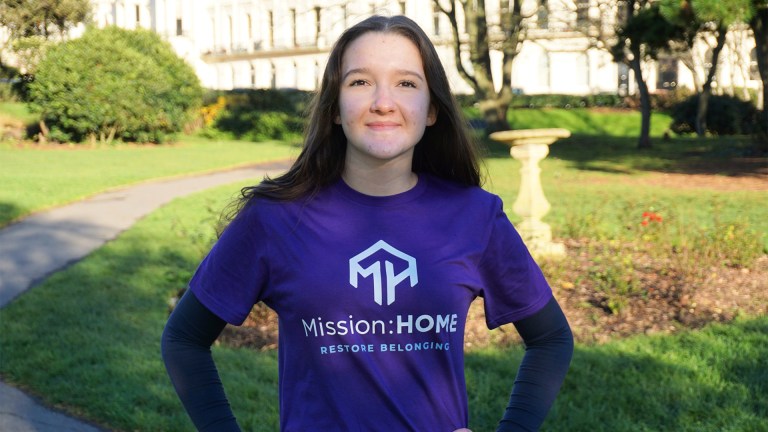The cost of living crisis has made one of the hidden issues Porter encountered, furniture poverty, more prevalent with rising prices and bills. Furniture poverty means living without essentials that most of us would take for granted. An estimated six million Brits are living without a washing machine or a cooker because they can’t afford it.
Research from government-backed Fair4All Finance found around nine million adults in Britain now have less than £250 in savings – making the upfront purchase of an essential appliance impossible.
That means people on low incomes are unable to buy or replace appliances or even purchase the furniture that makes a house a home, such as a sofa or a bed.
One million people are in ‘deep furniture poverty’, according to charity End Furniture Poverty, meaning they are missing three or more essential items.
In some cases, people have turned to unscrupulous lenders to fill the void.
Statistics released earlier this year by responsible lender Clearspring found 6% of Brits – equivalent to around three million people – had turned to loan sharks in the last 12 months.
Advertising helps fund Big Issue’s mission to end poverty
Gail Porter is advocating for more responsible lending to help people without access to essentials.
She has been named a patron of the Fair Credit Charity. The charity operates ethical lender Fair For You, which helps people who cannot access mainstream credit to borrow money to buy household items.
Fair For You is supported by Big Issue’s social investment arm, Big Issue Invest, and has also teamed up with Iceland supermarket to help families pay for their groceries through small interest-free loans.
The Fair Credit Charity is hoping to make consumers aware that Fair For You and other ethical lenders may be a good option for spreading the cost of purchases. Fair For You will only lend what people can afford, and they also understand that people’s finances can ebb and flow, so they provide customers with flexibility around repayments.
That is important at a time when “the routes out of furniture poverty are becoming increasingly harder to navigate”, says Claire Donovan, head of policy, research and campaigns at End Furniture Poverty.
Simon Dukes, chief executive of Fair for You, says: “The latest data from Fair4All Finance shows that 20.3 million people are in financially vulnerable circumstances. Around half of them are not able to save each month.
Advertising helps fund Big Issue’s mission to end poverty
This means there are millions of people with no financial safety net, who may feel they have no option in a moment of financial stress but to turn to high-cost credit or illegal lenders.
“We’re proud of the support we do provide, and we are supporting more and more customers all the time. Gail Porter is destigmatising the issue of financial exclusion by being so honest talking about her experiences of appliance poverty and just how distressing and hopeless it can feel without the right support.”
Gail Porter says she would never have been able to get money from a mainstream bank while she tried to get off the streets. Nor would she have been able to afford interest payments.
Fair4All Finance’s research found that just one major bank offers loans under £1,000.
Moving into her own property offered Porter a roof over her head but she still couldn’t afford to buy a
comfortable place to sleep.
It’s a hidden issue Gail Porter is hoping to raise awareness of. Particularly as it is a problem that many families may face as homelessness soars.
Advertising helps fund Big Issue’s mission to end poverty
“It was things like a bed and a mattress – things a lot of people take for granted,” she says.
“People get quite embarrassed to admit to these sorts of things. I think the more we talk about it with someone like Fair For You, it’s nice to actually have a conversation with someone as opposed to going to a bank and thinking they’re just going to take loads of money off me.
“It makes you feel kind of worthy of something. When people don’t want you and you can’t afford stuff you feel a little bit like you have lost your value. You just want nice things to think: ‘That’s my washing machine.’ Or ‘I’ve got a fridge’ so I’m not having to go to the shop every single day to buy a day’s worth of food because I’ve got nowhere to keep it cold.”
She added: “I think if I’m open about it, people will think: ‘It’s not just me.’ Because people think: ‘This is terrible. I’ve let myself down. I’ve let my family down.’ That’s not how it works. It’s nothing to be embarrassed about. Keeping it an open conversation is really important.”
Contact the Fair Credit Charity if you are strugglingfinancially.For additional support, including how to access the Household Support Fund and charitable grants, contact End Furniture Poverty.
Do you have a story to tell or opinions to share about this? Get in touch and tell us more. Big Issue exists to give homeless and marginalised people the opportunity to earn an income. To support our work buy a copy of the magazine or get the app from the App Store or Google Play.
Advertising helps fund Big Issue’s mission to end poverty









